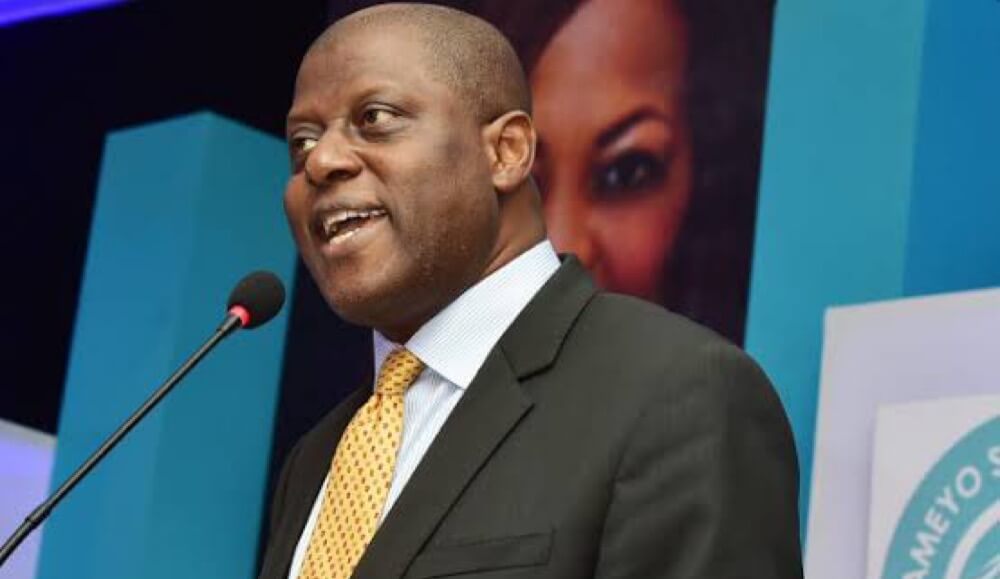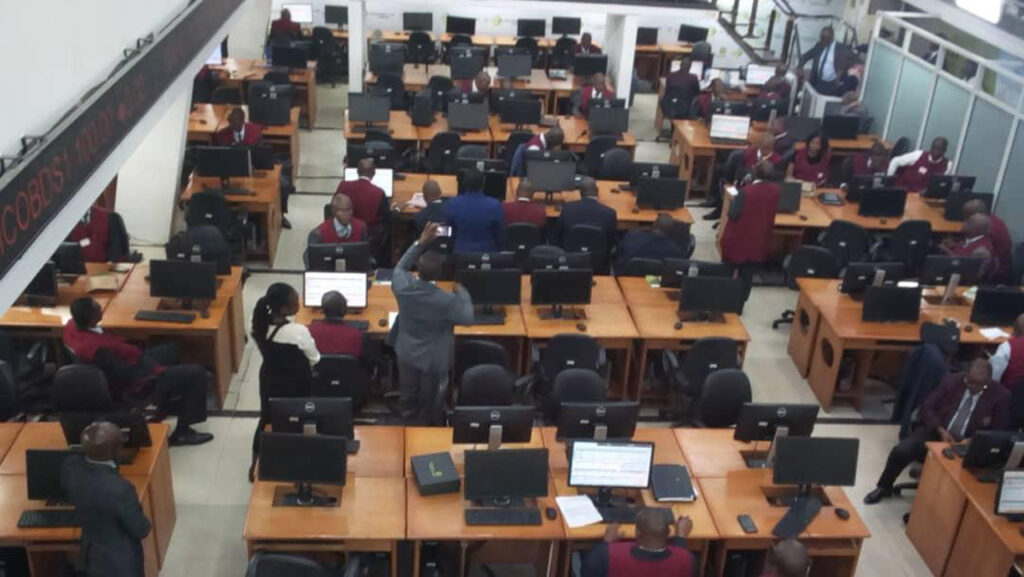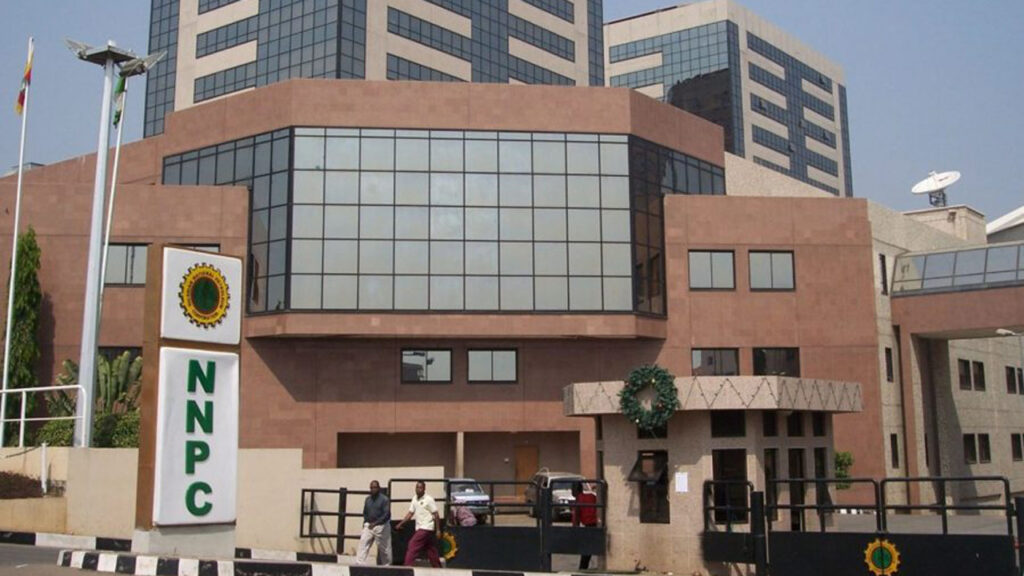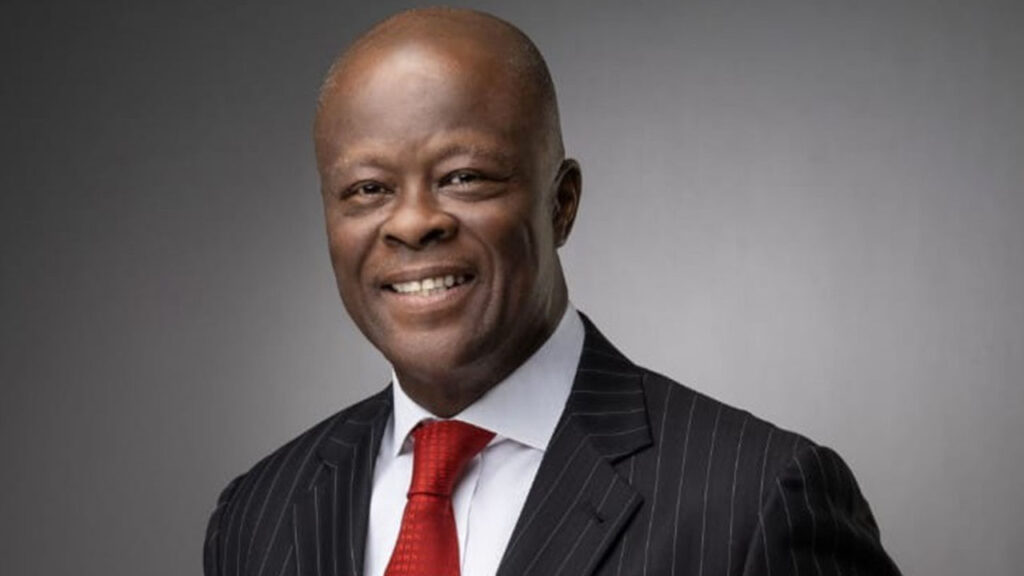
Experts have urged government, at all levels, to reduce and, in some cases, suspend taxes and levies imposed on businesses and manufacturers, adding that the taxes do not add much to government’s revenue but pose an enormous burden to entrepreneurs.
Speaking at this year’s economic outlook and budget analysis with the theme, ‘Building Economic Resilience in 2024: Strategies for a Sustainable Future’, Chief Executive Officer of Financial Derivatives Company, Bismarck Rewane, said the economy avoided a recession last year and is poised to grow at 3.3 per cent this year.
He added that sectors like financial institutions, telecommunications and construction have achieved moderate growth over the national average while sectors like crude petroleum and natural gas, oil refining as well as textile and apparel are in a recession.
The economic outlook and budget analysis is an annual event designed to review key policy developments and macroeconomic performance in the previous year and discuss the outlook for the year ahead, focusing on risks and opportunities.
Speaking on Nigeria’s key macroeconomic challenges, Rewane listed the issues as sub-optimal and non-inclusive growth, increasing income inequality, high poverty and unemployment rate, spiraling inflation, widening fiscal imbalances and worsening FX pressures.
On policy changes that must be carried out to save businesses and the economy this year, he advocated debt rescheduling, an increase of domestic interest rates, efficient management of money supply, efficient FX market, a cost-reflective electricity tariff, petrol subsidy reduction and wage review.
“Government must get a good grip on our FX and make the FX market more transparent. What is the true state of our foreign reserve? Also, the government must move interest rates in a deliberate and sequenced manner while reducing revenue and tax drive, which is not transparent. The government said it has saved N8 trillion from subsidy removal and revenue drive; we are yet to feel how it is being spent to our benefit. Productivity is low; remove the bottlenecks in the economy so it can thrive. No part of the economy is small and triggering incentives for MSMEs will result in significant changes and improve the GDP,” he said.
Director General of the Budget Office of the Federation, Ben Akabueze, regretted that the country’s biggest problem is raising public revenue in three decades while running a deficit budget funded by debts.
“We can’t continue like this. About 3.88 per cent of output is the deficit for this year’s budget and it adds to inflationary pressures. We have been asked to cut expenditures, but Nigeria is not spending enough. The trick is to spend efficiently, not less.
“Unfortunately, we must continue with a deficit budget for now but the solution is to ramp up revenue. While the budget has grown in the last few years, it hasn’t resulted in sectoral growth in any way so clearly, the solution isn’t to allocate more budgetary funds but to make the sector more attractive to private sector investment and participation,” he said.
Speaking, Chairman of the Presidential Fiscal Policy and Tax Reforms Committee, Taiwo Oyedele, said inflation would not worsen this year but that systemic inefficiencies must be reduced to bring down the price of essential commodities like food and petroleum products.
Making his recommendations known, he called for the suspension of some taxes and levies, advocated waivers on diesel and LPG and promotion of export especially services and intellectual properties, which he said is an achievable short-term goal compared to goods export.
“Also, we must improve digital job opportunities for young people. The N8 trillion the government has saved should be transferred to the people in tackling multidimensional poverty. We must start this by assisting micro and nano businesses.
“FX is a major problem for businesses and divergent rates are a core part of this. 90 per cent of diaspora remittances ($20 billion) do not get into Nigeria as the fintechs get dollars and credit receivers in naira. Even exporters externalise their FX because bringing it in through the CBN will depreciate it. We must converge the official and black markets immediately to save our economy,” he said.













